The Lancet publishes series on paediatric sepsis
No age group has as high a risk to develop sepsis as children during the first years of life. Of the globally estimated 50 annual million sepsis cases, approximately half occur in neonates, children, and adolescents. This results in a devastating burden to society in terms of mortality, morbidity, long-term sequelae, and costs. Yet, this burden stands in stark contrasts to the degree of evidence and amount of resources dedicated towards preventing, diagnosing, and treating sepsis in children.
It is therefore highly timely that The Lancet has commissioned a Series on Paediatric Sepsis. Written by a group of paediatric sepsis experts from all around the world, the Series provides state-of-the-art insights into the current state, gaps, and outlines a roadmap to tackle sepsis in children. The four papers of the Series are available freely online, and cover:
i) Epidemiology of sepsis in children, mortality and short-term burden, long-term outcomes, and the relationship with Sustainable Development Goals.
ii) The unique susceptibility to sepsis of the paediatric host, current management strategies and controversies, and a roadmap towards future research.
iii) Barriers, gaps, and lessons learnt from quality improvement programs targeting sepsis in children, and directions for future quality improvement initiatives.
iv) Innovation in digital approaches to measuring, recognizing, and managing sepsis.
The Series includes four specific papers, two Lancet profiles, an Editorial, and a podcast conversation with Prof. Nelson Sánchez-Pinto and ESA Steering Committe member Prof. Luregn Schlapbach.
At the occasion of World Sepsis Day, and following the release of the new Phoenix Criteria for paediatric, sepsis earlier this year, we commend The Lancet for such an important initiative, focusing on such an important aspect of Sepsis. Awareness, research and improved treatment can save the lives of millions of children worldwide. We are also grateful to all authors for their excellent work, including ESA Steering Committe member Prof. Luregn Schlapbach.

